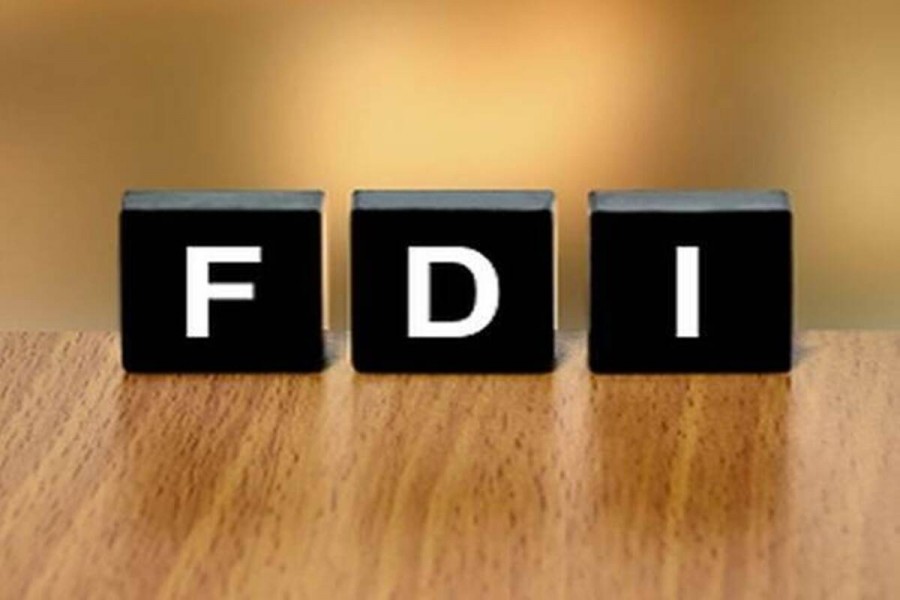Deeper deregulations and structural reforms can bring desired foreign direct investment in Bangladesh from Japan and elsewhere, says the Japanese envoy in Dhaka, naming two major triggers for FDI inflow.
The Japanese Ambassador in Bangladesh, Ito Naoki, at a press talk Thursday made mention of the bar on telegraphic transfers and disparity in cash incentives for export industries as deterrents to investment.
He meant to say that allowing telegraphic transfers and equitable cash incentives for both local and foreign entrepreneurs could attract foreign investments on a larger scale.
"In Asia, telegraphic transfer is not allowed in two countries-in Bangladesh and in Pakistan," Mr Ito said, apparently seeking withdrawal of the bar on digital money transactions.
The diplomat from the world's second-largest economy was exchanging views with members of the Diplomatic Correspondents' Association Bangladesh (DCAB) at DCAB talks held in Dhaka.
Noting that cash incentives against exports are not given to 100-per cent foreign-owned companies, the ambassador said such disparity should be removed to attract foreign investors.
He praised the government here for attaining impressive economic development and for handling the Covid pandemic.
He views that the Japanese Special Economic Zone in Araihajar can lure one billion dollars in foreign investment if there be coordinated and concerted effort.
The success of Araihajar will help in promoting two other Japanese economic zones, one in Mirsarai and another in Matarbari. And these successes will result in huge Japanese investment in Bangladesh, Mr Ito argued.
Japan is one of the four world powers grouped in the US-led strategic alliance Quad focused on the Indo-Pacific affairs of the day. Responding to a question in this regard, the Japanese diplomat said Matarbari project is part of the 'Indo-Pacific vision' for a more open and peaceful Indian and Pacific oceans.
This will be a regional-connectivity hub with deep-sea ports, power plants, LNG terminals and other big infrastructures, he said, adding that with 30-metre draft the Matarbari port can harbour big oceangoing ships.
"The present port in Chittagong has a draft of only 9 metres and goods bound for Japan need to be carried to Singapore first. From there they are transferred to Japan-bound mother vessels. So when Matarbari will be operational, this trouble will be removed," he explained.
Responding to a question he said Japan strongly feels that Rohingya repatriation is crucial to the regional stability and peace.
"But given the present domestic scenario in Myanmar, it is very difficult to make repatriation happen very soon," he observed.
He said that Japan has established high-level communications with military rulers and has been engaged in convincing them about the necessity of resolving the Rohingya problem.
In this connection he mentioned that Japan has been also engaged in providing humanitarian supports to the Rohingya community since the beginning of the crisis.
So far, Japan has provided 214 million US dollars - 150m for Rohingyas in Bangladesh and 64 million for Rohingyas in Rakhine State in Myanmar.
The ambassador said that both Japan and Bangladesh would celebrate 50 years of diplomatic ties through various programmes.
DCAB President Pantha Rahman chaired the meeting moderated by its General Secretary AKM Main Uddin


